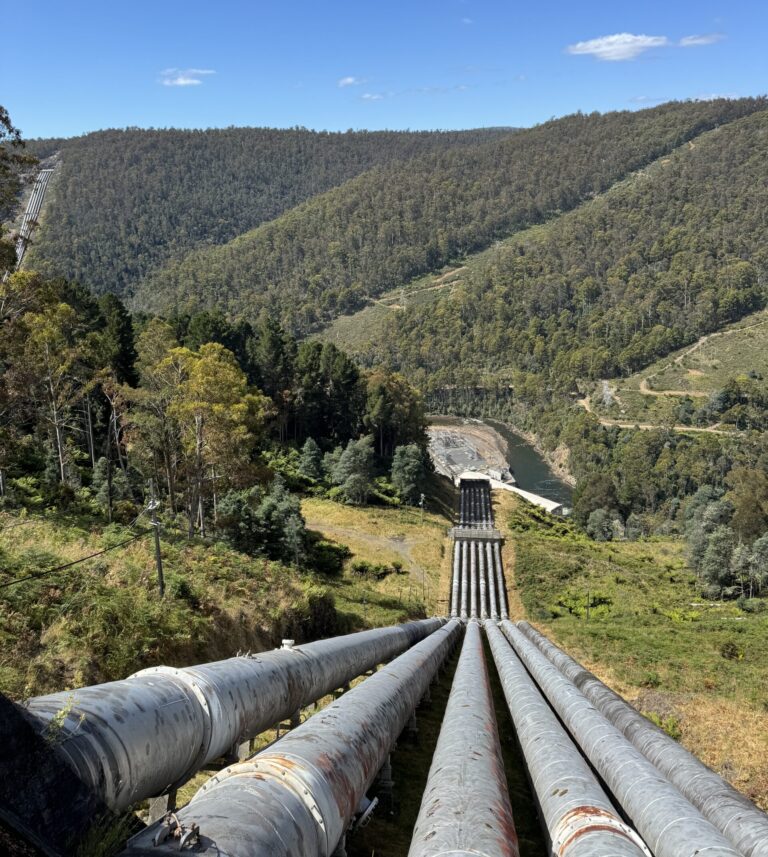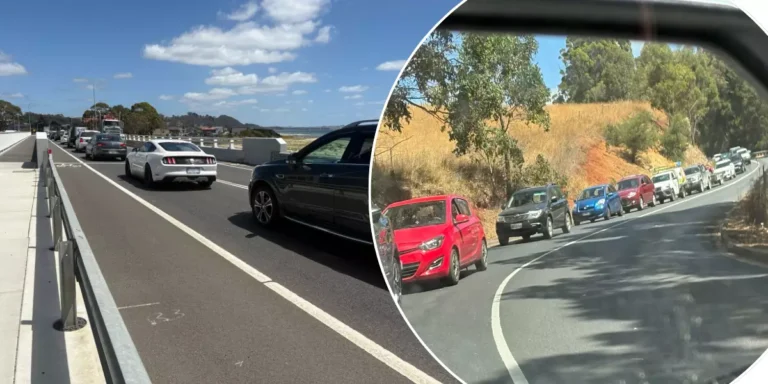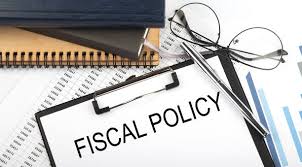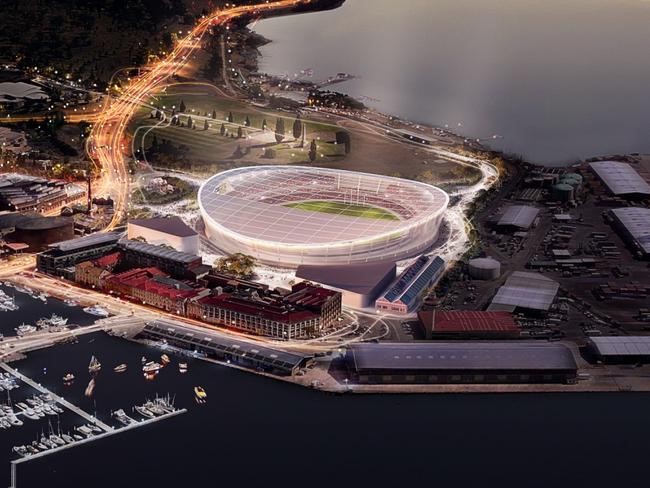Latest Updates from Ruth
Ruth Forrest was born in Burnie and raised in Riana. A lifelong North West Coaster, she worked as a nurse and midwife before entering the Tasmanian Legislative Council in 2005. She lives in Wynyard and represents the electorate of Murchison, which includes the communities of Circular Head, Waratah-Wynyard, the West Coast, King Island and much of Burnie.

ABC Mornings – 3 March 2026
You can listen to my latest interview with Leon, where we discuss the upcoming budget, here: [...]Read More... from ABC Mornings – 3 March 2026
Read more
Hydro’s challenges are part of a system-wide pattern affecting every other major public entity in the state
Hydro is operating in a changing environment with new challenges. When Hydro Tasmania’s chief executive recently offered to meet and discuss the issues raised in my two recent Talking Point…
Read more
Why our Budget needs to confront reality, not continue to pretend we’re living in fantasy land
Fiscal Fiction and Waiting for a Miracle For years Tasmania has been governed by a budget process that seems designed not to confront reality but to defer it. The latest…
Read more
Six Months In, Hydro’s “Subdued Year” Looks More Like a Storm Warning
When Hydro Tasmania’s Chair quietly warned of a “subdued year ahead” at last year’s GBE scrutiny hearings, most people probably heard it as corporate modesty – the kind of cautious…
Read more
Hydro’s profit (and ours) will be under water
Six months in, Hydro Tasmania’s “subdued year” looks more like a storm warning When Hydro Tasmania’s chair quietly warned of a “subdued year ahead” at last year’s GBE scrutiny hearings,…
Read more
ABC Drive – 10 February 2026
You can listen to my latest interview on ABC Drive here: [...]Read More... from ABC Drive – 10 February 2026
Read more
Cam River Bridge traffic delays follow-up
Following the long delays experienced by those travelling on what is a key route in the North-West and needing to cross the Cam River Bridge in Somerset on Thursday 5…
Read more
Productivity – what are we actually measuring?
Every few months, Tasmanian workers are treated to a familiar sermon. It usually comes from a business lobby, an employer group, or a CEO who has never staffed a ward,…
Read more
Hydro Tasmania: What the Numbers Show – A multi-chapter analysis of operating performance, liquidity, structural risks, and public myths.
Now that Chapter 18 has been posted, the Hydro Explainer series has reached the end of its journey – at least for now. My thanks to everyone who has stayed…
Read more




